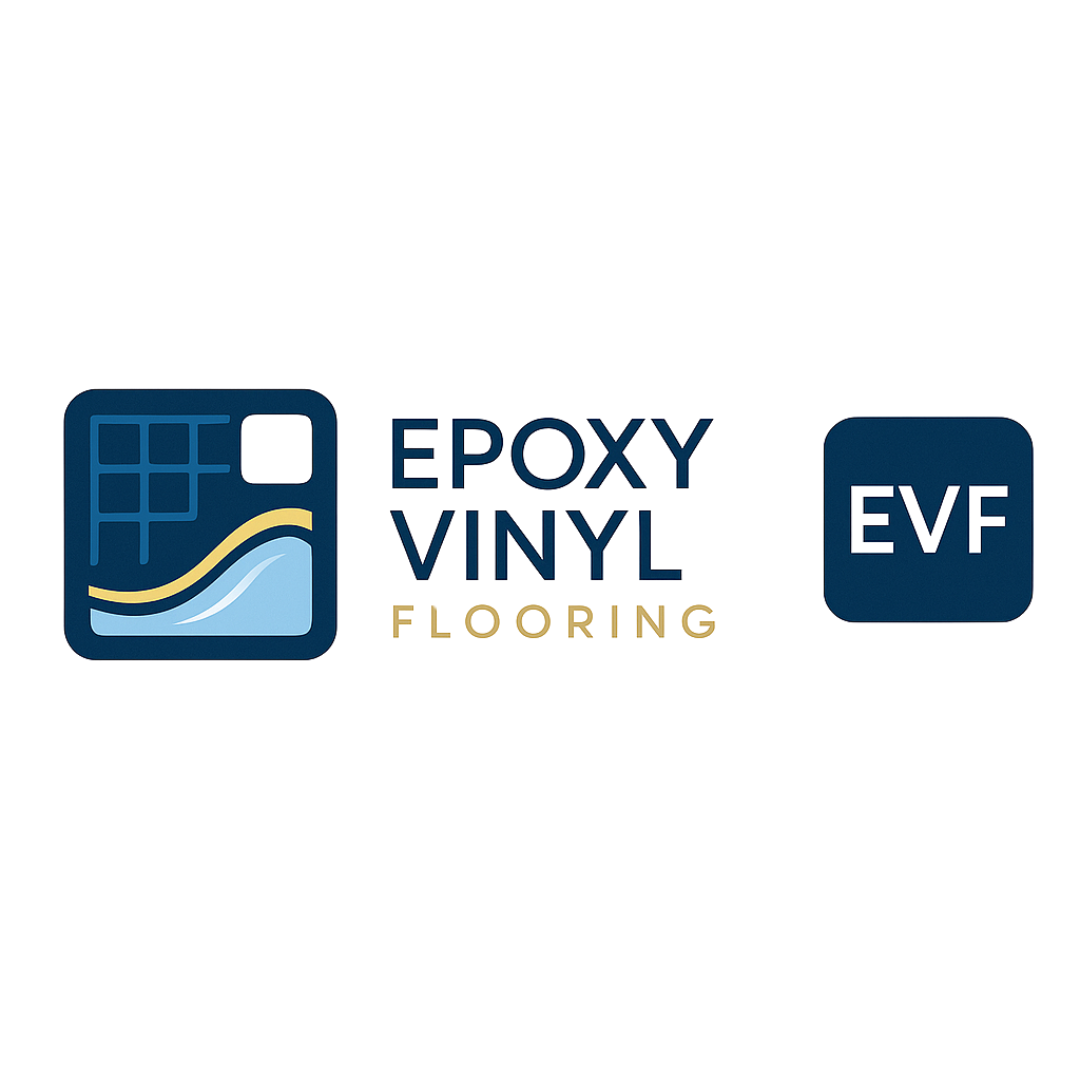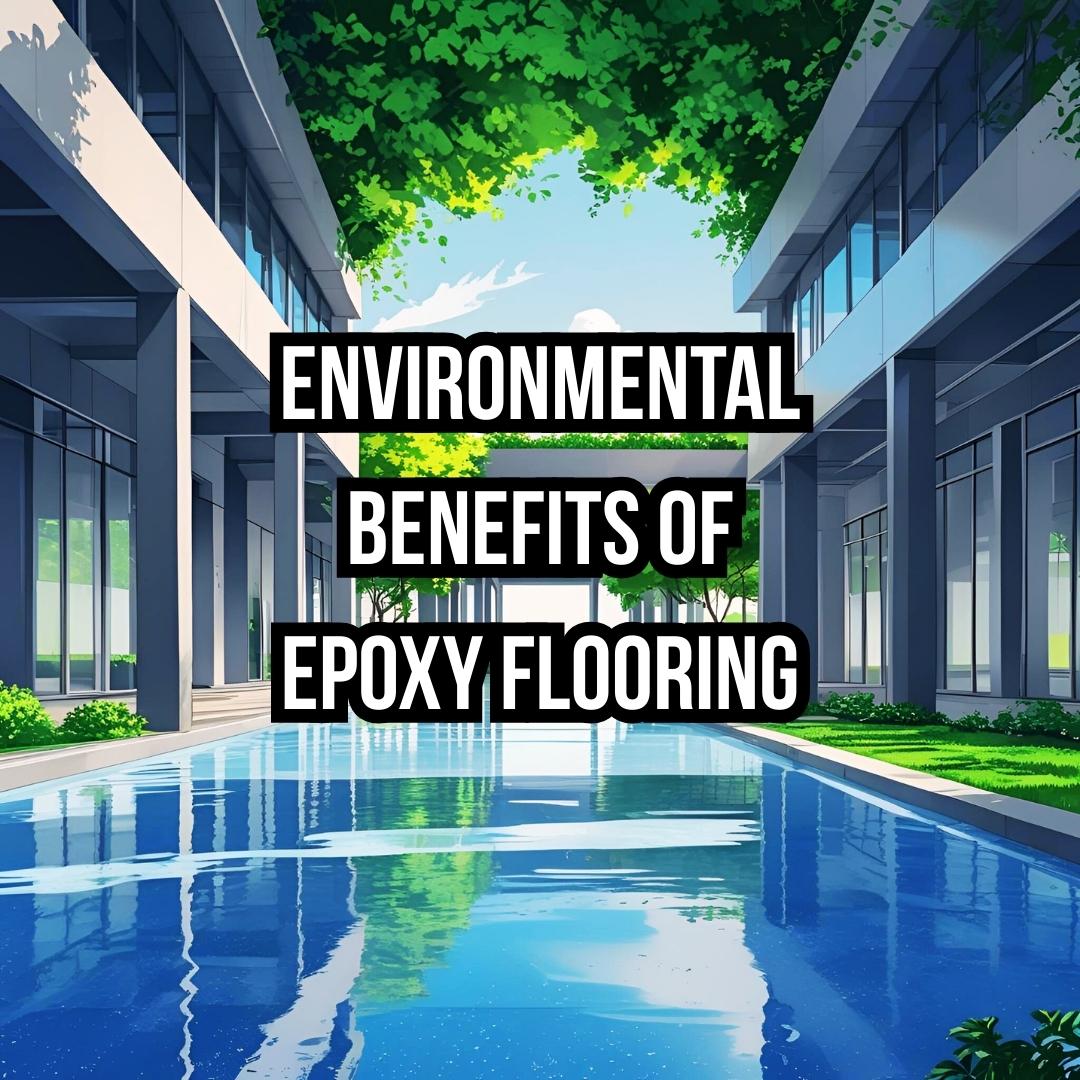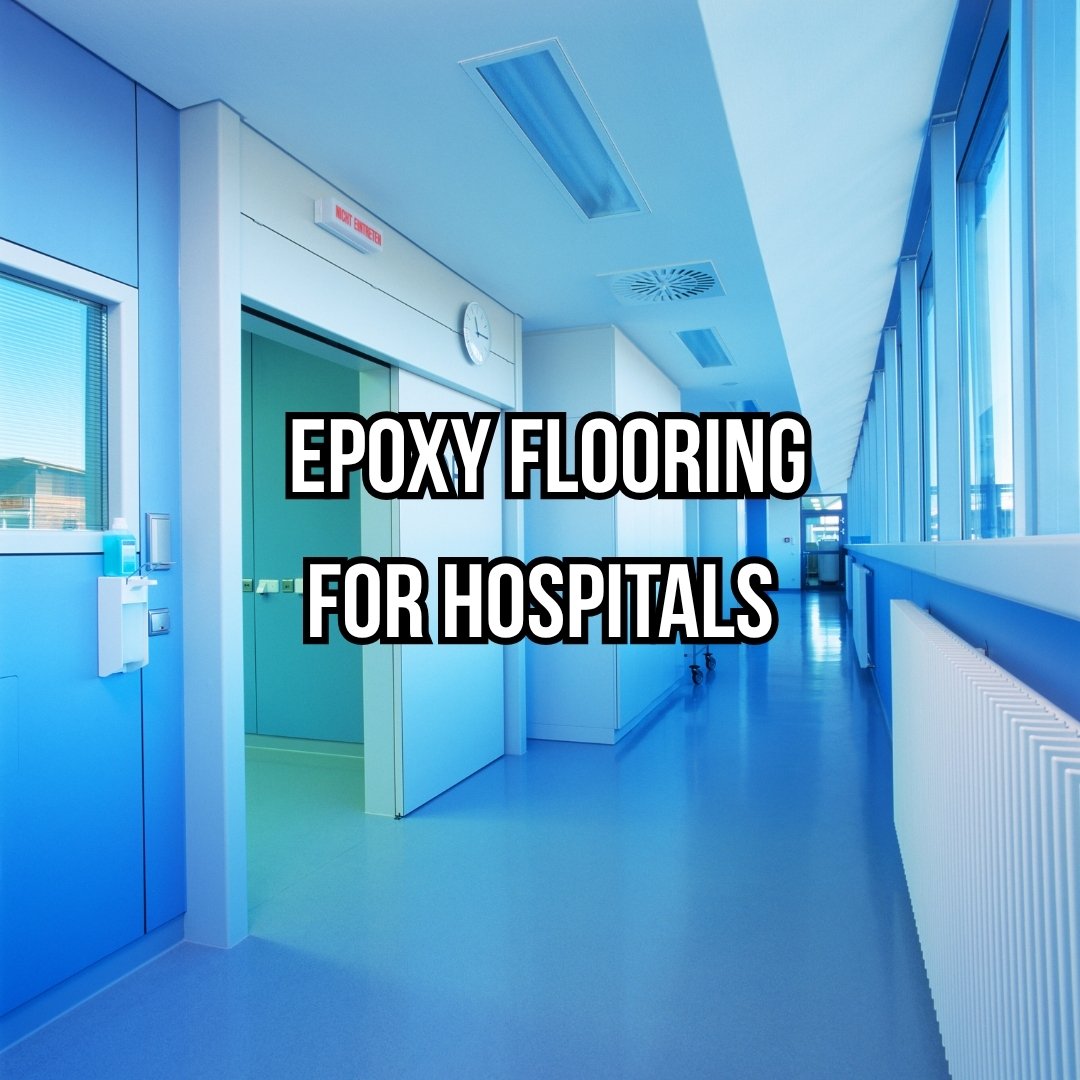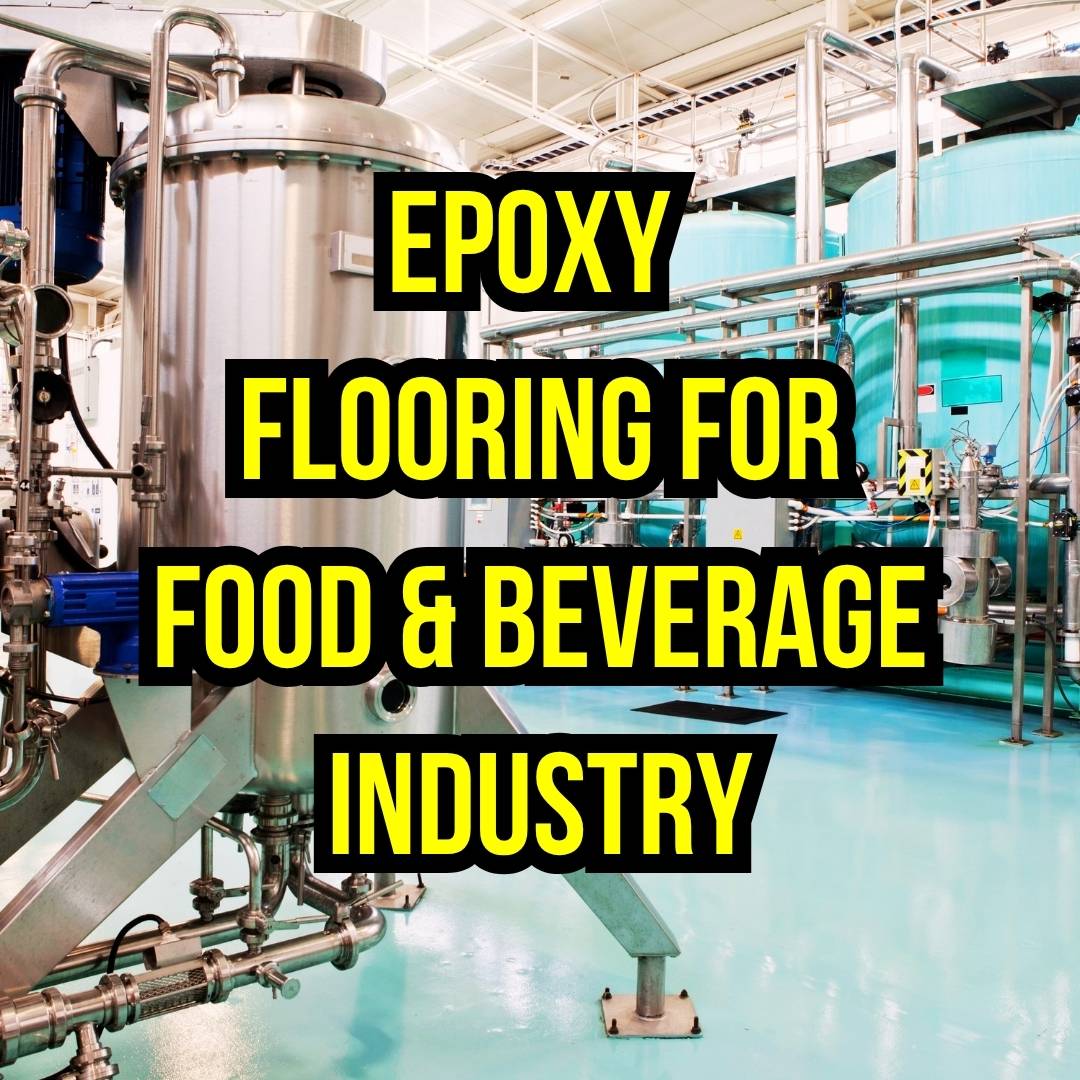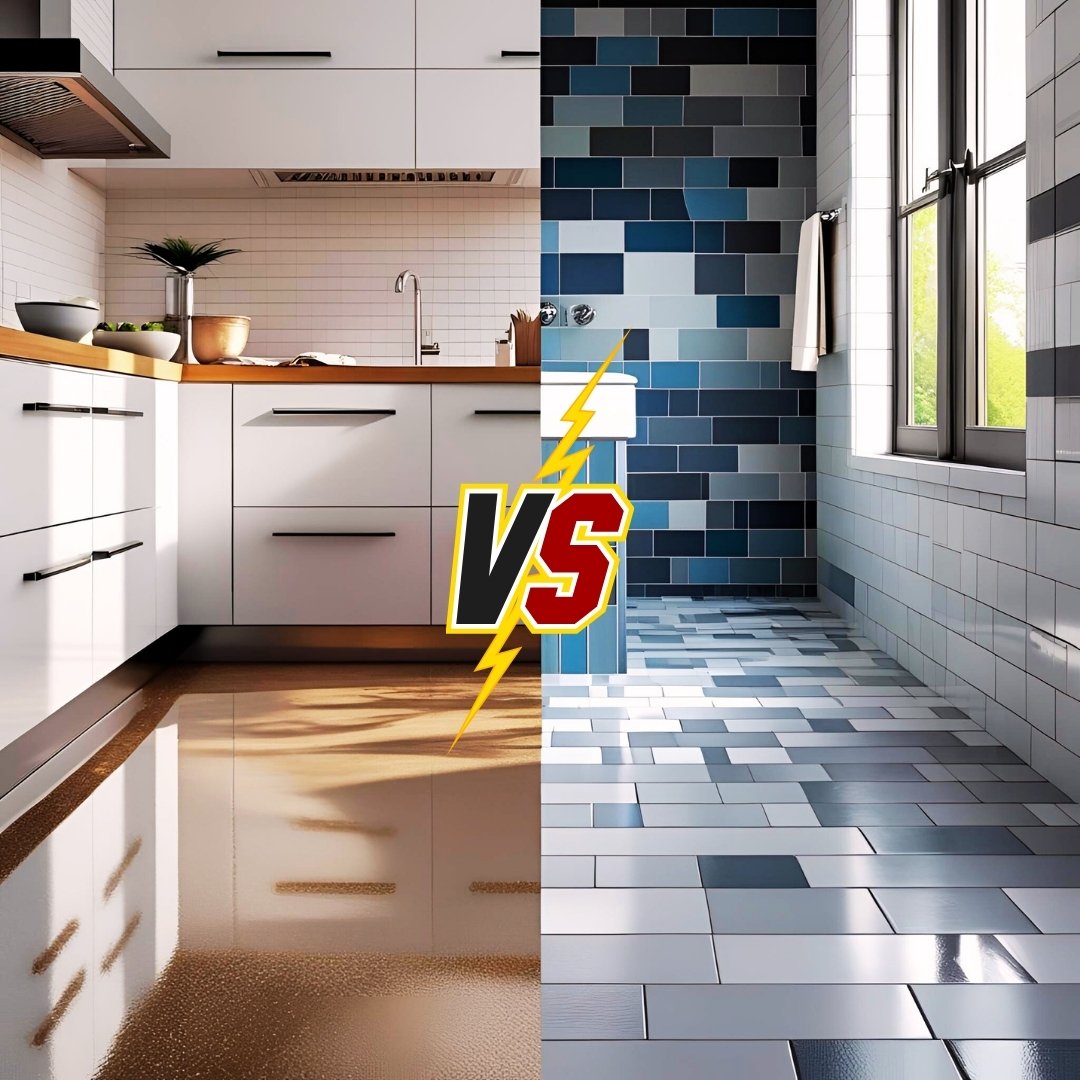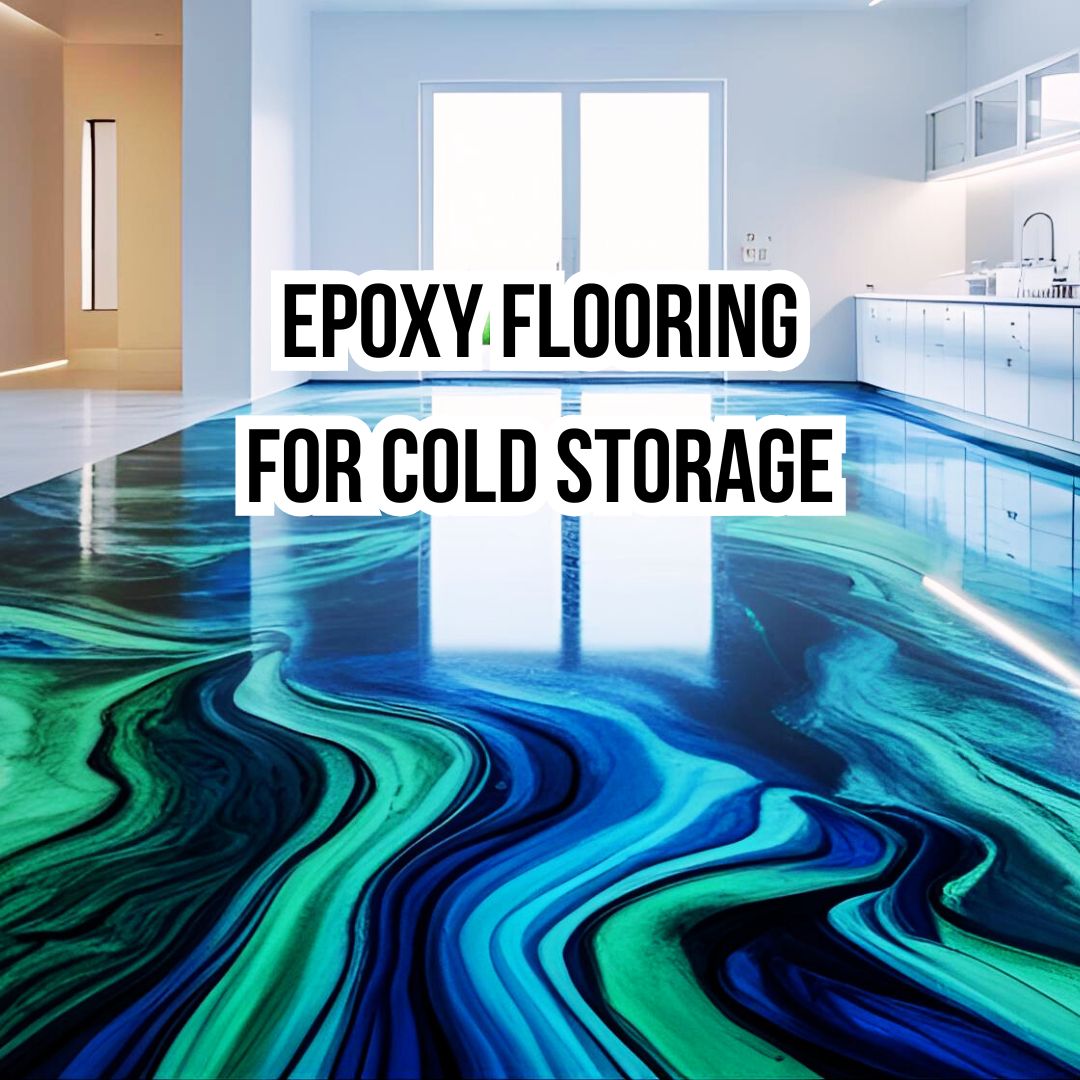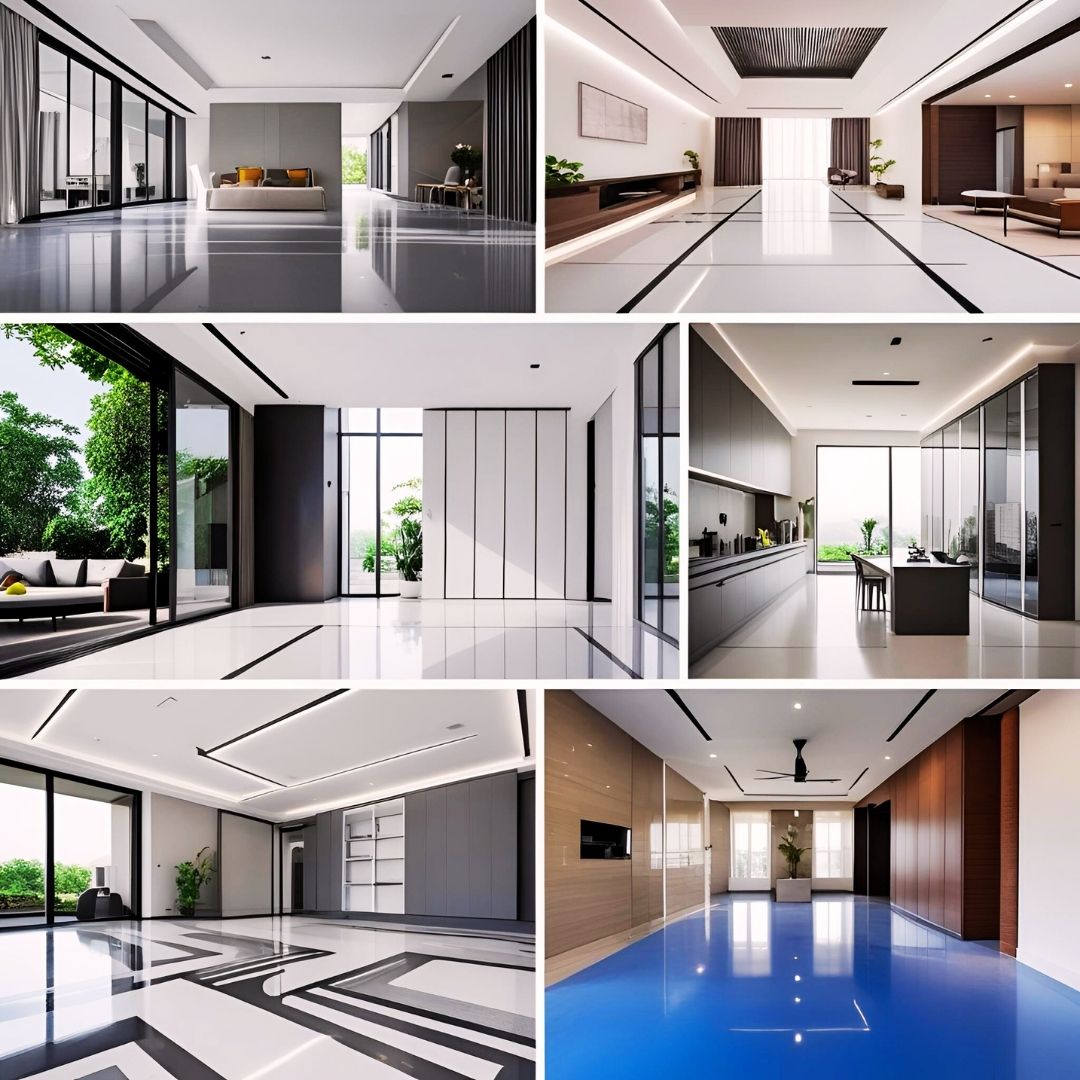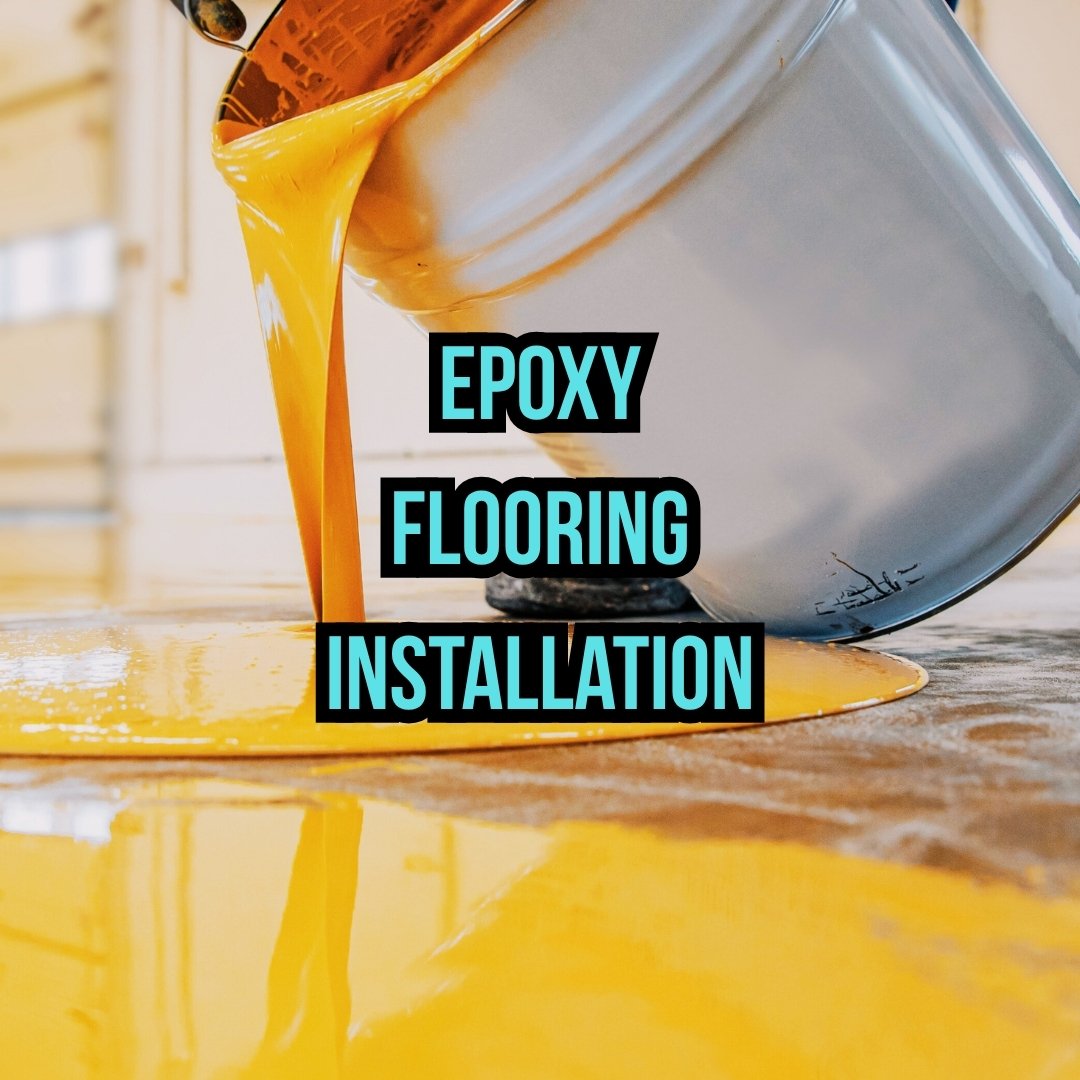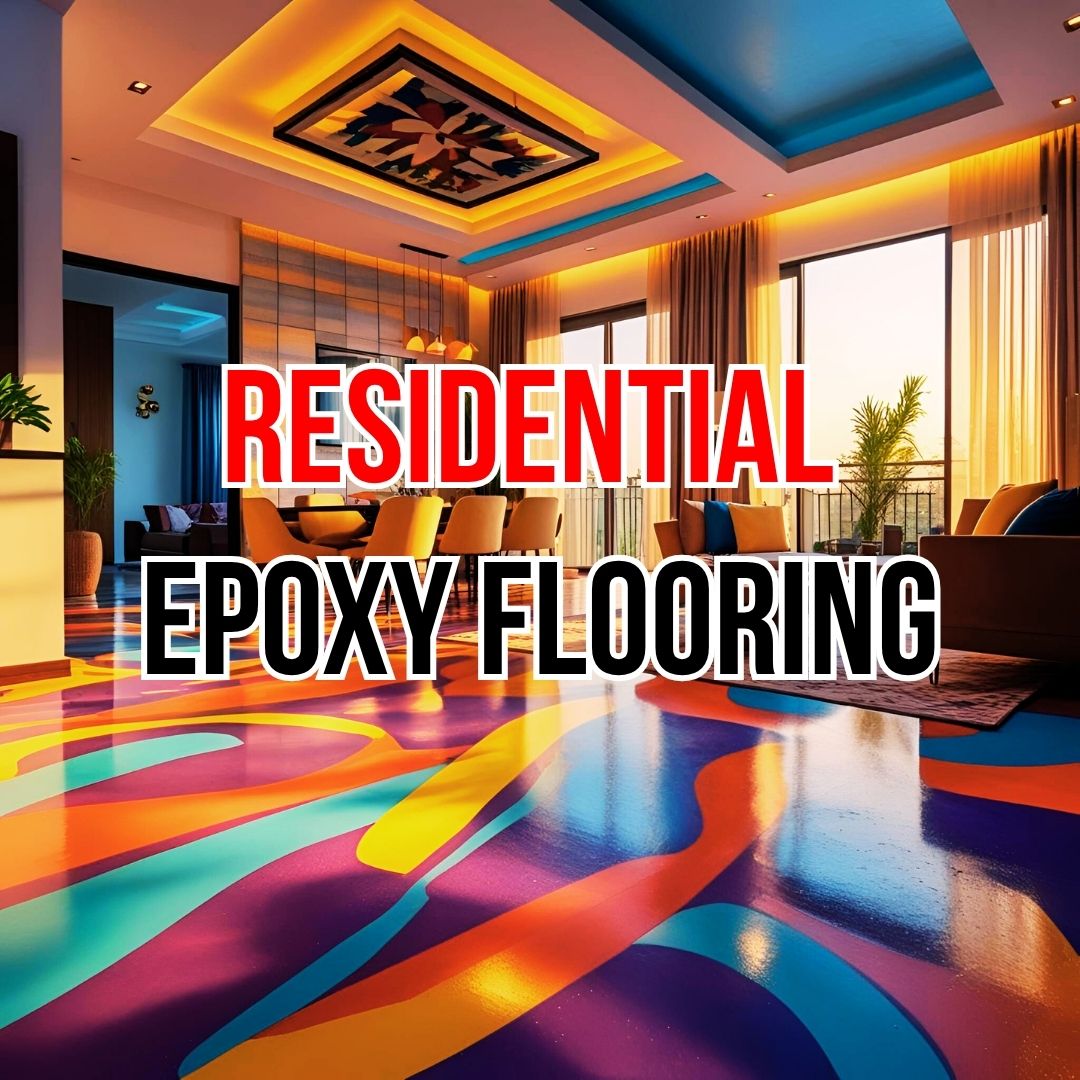
Have you ever stared at a dull, worn-out floor in your home or workspace and wondered how to transform it into something durable and eye-catching? In bustling cities like Ahmedabad, where modern homes in areas such as Bodakdev and Satellite are constantly evolving, flooring choices can make all the difference. But when it comes to epoxy flooring, the big question arises: Should you roll up your sleeves for a DIY project, or trust the expertise of professionals? Let’s explore this together, weighing the options while considering alternatives like vinyl flooring, to help you decide what fits your needs best.
As someone with years of experience in epoxy and vinyl flooring solutions, especially for healthcare and critical infrastructure projects, I’ve seen firsthand how the right choice can enhance safety, aesthetics, and longevity. Backed by AUM Industries, we bring technical expertise and end-to-end flooring execution services tailored for Ahmedabad’s industries and homes. Whether you’re a homeowner in Vastrapur renovating your living space or a plant manager in Changodar overseeing a pharma facility like Aurobindo Pharma, understanding the nuances is key.
Understanding Epoxy Flooring
What is Epoxy Flooring?
Let’s start with the basics. Epoxy flooring is a seamless, resin-based coating applied over concrete surfaces to create a tough, glossy finish. It’s made from epoxy resin mixed with a hardener, forming a chemical reaction that results in a durable layer resistant to chemicals, stains, and impacts.
But why is it so popular? In residential settings, like flats in Navrangpura, it offers a sleek look that mimics high-end materials without the hassle. For industrial use, such as in cleanrooms at Novartis in Changodar, it meets strict WHO-GMP standards for hygiene and durability. If you’re searching for “what is epoxy flooring,” think of it as a protective shield that elevates any space.
How is Epoxy Flooring Done?
Curious about the process? Epoxy flooring installation involves several steps to ensure a flawless result:
- Surface Preparation: Cleaning and repairing cracks in the concrete is essential for adhesion.
- Priming: A primer coat enhances bonding between the concrete and epoxy.
- Application: The epoxy mixture, sometimes with additives for texture or color, is applied in layers.
- Curing: The surface hardens over 24–72 hours, depending on conditions.
In professional setups, tools like grinders ensure the substrate is etched properly, preventing future peeling. For DIY enthusiasts, kits simplify this, but precision is crucial. If you’re in Ahmedabad’s humid climate, timing the application during drier months can make a difference.
DIY Epoxy Flooring
Why Choose DIY Epoxy Flooring?
Imagine transforming your garage in Thaltej over a weekend—sounds empowering, right? DIY epoxy flooring appeals to hands-on homeowners and small business owners looking to save costs. With readily available kits, you can achieve a custom look, like metallic finishes that are trending in 2025 for their bold, reflective appeal.
Pros of DIY Epoxy Flooring:
- Cost Savings: Epoxy flooring cost for DIY kits typically ranges from ₹150–₹300 per sq. ft., covering materials without labor fees.
- Flexibility: Work at your own pace, experimenting with epoxy flooring designs like swirls or flakes.
- Satisfaction: There’s a sense of accomplishment in personalizing spaces, especially for residential epoxy flooring in homes across Paldi or Ellis Bridge.
Cons:
- Uneven application can lead to bubbles or weak spots if you’re inexperienced.
- Limited access to professional-grade materials may result in a shorter lifespan.
- In high-traffic areas like warehouses in Vatva, home to Nirma Limited, DIY might not withstand heavy machinery.
Professional Epoxy Flooring
Benefits of Professional Installation
Now, picture a team of experts handling everything from prep to finish—peace of mind, isn’t it? Professional installation ensures quality, especially for complex projects in Ahmedabad’s diverse neighborhoods.
Pros of Hiring Professionals:
- Expertise: Years of experience mean precise application, adhering to BIS standards for material quality.
- Durability: Using high-grade epoxy resin flooring, pros can guarantee a finish that lasts 10–20 years with proper care.
- Efficiency: Quick turnaround, ideal for B2B clients like architects or NABH hospital consultants planning modular OTs in Shahibagh.
Cons: It’s pricier upfront, with epoxy flooring cost at ₹150–₹300 per sq. ft. including labor. But for critical sectors like pharma cleanrooms in Naroda, where Claris Lifesciences operates, the investment pays off in compliance and longevity.
Comparing DIY and Professional Epoxy Flooring
Key Factors to Consider
Let’s break it down. For small residential projects, like epoxy flooring for homes in Memnagar, DIY might suffice if you have the time and basic skills. Research shows DIY kits offer initial savings but may last only 2–5 years, per industry insights.
Professionals, on the other hand, use advanced techniques like diamond grinding for better adhesion, reducing failure rates. In 2025 trends, eco-conscious epoxies with low-VOC are gaining traction—pros can source sustainable options easily. If you’re debating “epoxy flooring near me” in Ahmedabad, consider your project scale: DIY for budgets under 500 sq. ft., pros for larger or specialized needs.
How Long Does Epoxy Flooring Last?
Durability is a top concern, right? Properly installed epoxy can endure 10–20 years in residential settings and 5–10 in industrial ones, depending on traffic and maintenance. Factors like UV exposure in sunny areas like SG Highway can cause yellowing, but UV-resistant topcoats mitigate this.
Regular cleaning with mild detergents extends life—check our guide on maintaining epoxy floors for tips. In contrast, poor DIY jobs might fail in 1–3 years, leading to costly repairs.
Epoxy Flooring Cost Breakdown
Budget plays a pivotal role. Epoxy flooring price per sq. ft. in Ahmedabad varies: ₹150–₹200 for basic residential, up to ₹250–₹300 for industrial-grade with anti-slip additives. Add-ons like 3D designs or metallic effects can push it higher.
For a 1000 sq. ft. home in Vastral, DIY might cost ₹1.5–3 lakhs, while professional services ensure value. Searching for “epoxy flooring cost” locally? Factors like site preparation in older buildings in Bhadra influence the final quote.
Epoxy Flooring vs. Tiles
Which is the Better Choice?
Tiles have been a staple, but how do they stack up? Epoxy offers seamless coverage, eliminating grout lines that trap dirt—perfect for hospitals in Sarkhej, near Zydus Cadila. It’s more impact-resistant than ceramic tiles, which can crack.
However, tiles might be cheaper initially (₹50–150 per sq. ft.) but require more maintenance. Epoxy’s waterproof nature makes it ideal for wet areas, unlike porous tiles. For design lovers, epoxy flooring tiles (pre-made patterns) blend both worlds.
Vinyl Flooring as an Alternative
What is Vinyl Flooring?
Sometimes, epoxy isn’t the only option. What is vinyl flooring? It’s a flexible, resilient material made from PVC, available in sheets or tiles, mimicking wood or stone.
Luxury vinyl flooring, trending in 2025 with wide planks and herringbone patterns, offers warmth underfoot—great for homes in Chandkheda. Is vinyl flooring waterproof? Yes, most types are, making it suitable for kitchens or bathrooms in Jivraj Park.
Pros and Cons of Vinyl Flooring
Vinyl shines in versatility. Pros include:
- Easy installation and comfort.
- Affordability, with vinyl flooring cost at ₹150–₹300 per sq. ft. in Ahmedabad.
- Quiet underfoot, ideal for educational labs in Naranpura.
Cons:
- May dent under heavy loads, unlike epoxy’s hardness.
- For warehouses in Moraiya, home to Intas Pharma, vinyl flooring for warehouses needs careful selection for chemical resistance.
DIY vs. Professional Vinyl Installation
Similar dilemma here. DIY vinyl is user-friendly, with click-lock systems for quick setup in small spaces like apartments in Satellite. Pros: Low cost, minimal tools needed. Cons: Improper subfloor prep can cause buckling.
Professionals ensure seamless fits, especially for sheet vinyl flooring in large areas. In Ahmedabad’s varying humidity, pros adjust for expansion gaps, preventing issues.
Flooring Materials and Designs
Epoxy Flooring Materials and Designs
Choices abound in epoxy resin flooring. From solid colors to metallic epoxies trending in 2025 for their swirling, galaxy-like effects, designs can match any aesthetic. For homes, subtle grays suit modern vibes in Gurukul; for labs in Bhat, near Torrent Pharma, anti-static options protect electronics.
Materials include water-based for eco-friendliness or solvent-based for toughness. Always check for BIS compliance to ensure safety.
Vinyl Flooring Options
Vinyl comes in various forms. Sheet vinyl flooring offers seamless coverage for large rooms, while vinyl flooring tiles allow easy replacements. PVC vinyl flooring is budget-friendly, with luxury versions adding realistic textures.
In 2025, earth tones and sustainable vinyl from recycled materials are hot—perfect for eco-aware homeowners in Bopal.
Applications in Ahmedabad
Residential Applications: Epoxy and Vinyl for Homes
In Ahmedabad’s residential scene, from bustling Maninagar to serene Vasna, flooring must balance style and function. Epoxy flooring for homes provides a glossy, easy-clean surface for families, resisting spills in kitchens.
Vinyl, with its cushioned feel, suits bedrooms or play areas. For renovators in Jodhpur, combining both—epoxy in garages, vinyl indoors—maximizes benefits.
Industrial and B2B Uses
Ahmedabad’s industrial hubs demand robust solutions. In prime areas like Santej, with Cadila Pharma, epoxy meets NABH standards for hospitals and modular OTs, offering chemical resistance for pharma QA/QC teams.
For food & beverage units in Dholka, near Cadila Healthcare, vinyl’s waterproof nature prevents slips. Warehouse managers in Odhav appreciate epoxy’s load-bearing strength, while cleanroom contractors in Kathwada opt for seamless finishes.
Flooring Trends for 2025
Epoxy and Vinyl Innovations
Looking ahead, 2025 brings exciting shifts. Epoxy trends include sustainable resins with low emissions, custom branding for commercial spaces, and tech-integrated floors with embedded sensors for smart facilities in Gandhinagar.
Vinyl follows with geometric patterns, mixed wood tones, and biophilic designs inspired by nature—ideal for IVF labs in Meghani Nagar or semiconductor units in Sarkhej.
Maintaining Your Flooring
Tips for Longevity
Whichever you choose, maintenance is straightforward. For epoxy, sweep daily and mop weekly—avoid harsh chemicals. Vinyl needs similar care, with occasional polishing for shine.
Subtle CTA: If you’re unsure about upkeep, explore our resources on maintaining vinyl floors or contact us for personalized advice.
Case Studies from Ahmedabad
Real-World Examples
In a recent project in Nikol, a homeowner opted for professional epoxy in their garage, transforming it into a multifunctional space. Meanwhile, a cosmetics factory in Rakhial chose vinyl for its anti-fatigue properties, boosting worker productivity.
These examples show how tailored solutions, backed by AUM Industries, deliver results.
Choosing the Right Provider
Finding Epoxy and Vinyl Flooring in Ahmedabad
Searching for “epoxy flooring near me” or “vinyl flooring near me” in Ahmedabad? Look for providers with proven track records in both residential and industrial sectors. We at epoxyvinylflooring.com specialize in turnkey solutions for pharma, hospitals, and homes.
Frequently Asked Questions
1. What is the difference between epoxy flooring and vinyl flooring?
Epoxy is a hard, resin-based coating for durability, while vinyl is flexible PVC for comfort. Both are waterproof, but epoxy suits high-traffic areas better.
2. How much does epoxy flooring cost in Ahmedabad?
Epoxy flooring cost ranges from ₹150–₹300 per sq. ft., depending on type and area. Professional installation adds value for long-term savings.
3. Is vinyl flooring waterproof and suitable for bathrooms?
Yes, most vinyl flooring is waterproof, making it ideal for wet areas like bathrooms or kitchens in humid Ahmedabad climates.
4. How long does epoxy flooring last in industrial settings?
With professional installation, it can last 5–10 years in heavy-use areas like pharma cleanrooms, adhering to WHO-GMP standards.
5. What are the pros and cons of vinyl flooring for warehouses?
Pros include cushioning and ease of installation; cons are potential denting under extreme loads. It’s great for Ahmedabad’s logistics hubs.
6. Can I do DIY epoxy flooring in my Ahmedabad home?
Yes, for small areas, but consider professional help for larger spaces to avoid issues in varying local weather.
7. Where can I find epoxy flooring designs near me in Ahmedabad?
Local providers like us offer custom designs—visit epoxyvinylflooring.com/epoxy-flooring-ahmedabad/ for options.
Get Started with Your Flooring Project
Ready to upgrade your floors? Contact us today at epoxyvinylflooring.com for a free consultation. Email amit@aumindustriesmfg.com, call/WhatsApp +91-9274313580, or visit our office at World Trade Tower, A-617, Sarkhej-Gandhinagar Highway, Makarba, Ahmedabad, Gujarat 380051. Let’s create flooring that lasts—explore more at epoxyvinylflooring.com/about-epoxy-vinyl-flooring/ or our FAQs.

